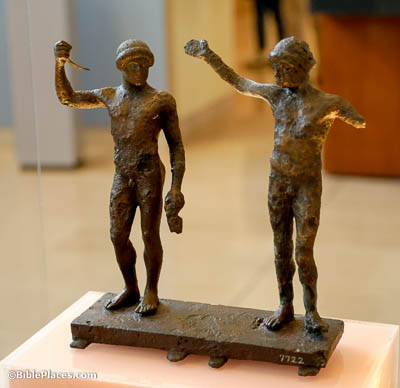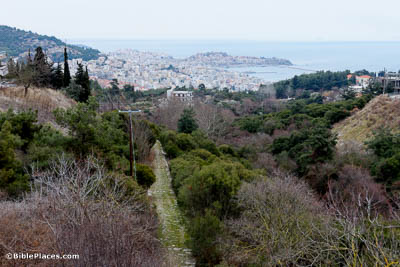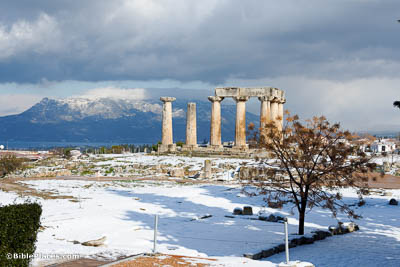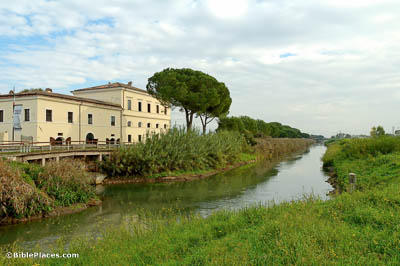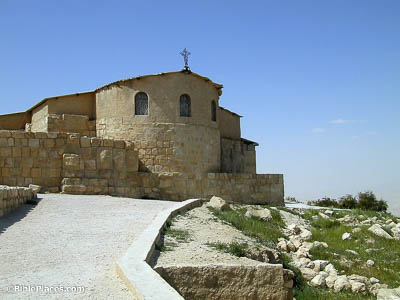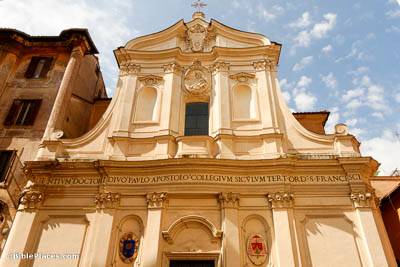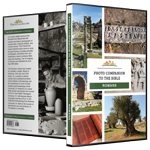In Christ Jesus I have found reason for boasting in things pertaining to God (Romans 15:17).
Boasting (Gk. kauchēsis) was an act of pride. In 1 Thessalonians 2:19, Paul spoke of his “crown of boasting,” which was the church at Thessalonica. Both passages fit well in an athletic setting, where the victor boasts of his accomplishment. This is illustrated by this bronze statue of two athletes shown boasting of their victory. Their upraised arms likely once held delicate olive leaf crowns, a common prize for the winner of an athletic competition.
